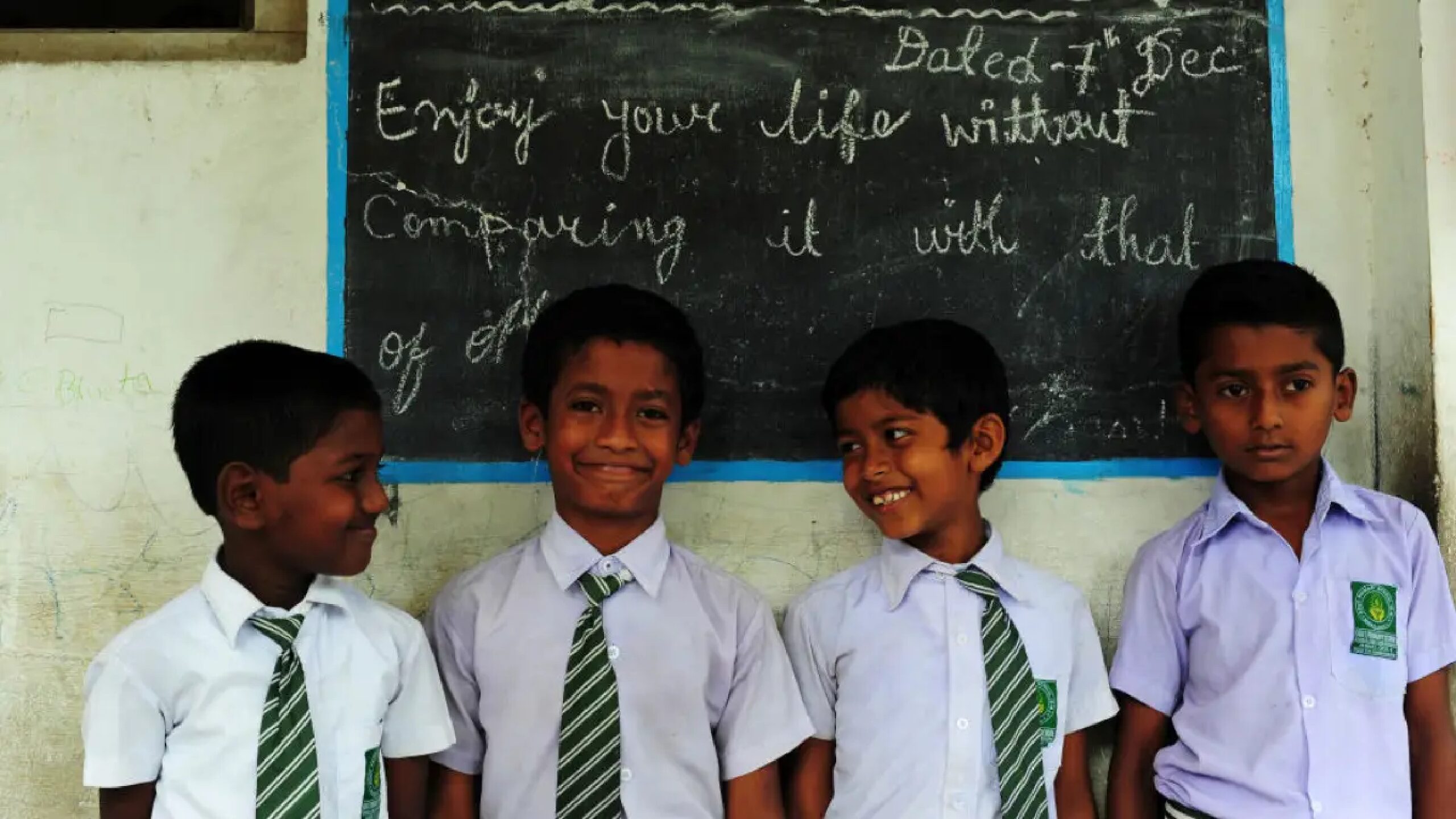The data of National Health Survey 3 and 4 in India showed that the problem of overweight and obesity is on increase among women in India. The term ‘obese’ generally means more amount of body fat than overweight. In terms of body mass weight index (BMI) a sharp increase is seen during the past decade. BMI is measured as body weight (Kg) per height squared (Meter2). Asians with BMI of 23 or higher will have increased risk of health problems. In majority of the cases under nutrition figures as sole cause of overweight/obesity. Studies show that these women are of short stature and have changing food habits with fatty diets and sedentary lifestyles. The coexistence of obesity/ overweight and high level of under nutrition is the ‘double burden’ of malnutrition. Some doctors also take a person’s waist circumference to help guide treatment decisions. Weight related problems are more in case of waist measurements are over 40 inches (102 centimetres) among men and 35 inches (89 centimetres) among women.
Huge socio-economic, public health issue
The increasing incidence of non-communicable diseases (NCDs) like diabetes, cardiovascular diseases and strokes in India are seen as the first wave of NCDs termed as ‘New world syndrome’ or ‘metabolic syndrome’. In developing countries, including India, this phenomenon is resulting in a huge socio-economic and public health issue.
When looked closely at the factors contributing to overweight/ obesity, there are several factors that come to reckoning. Most important among them is the prolific growth resulting in abundant availability and consumption of junk food. Heavily processed foods are more often have refined ingredients with mixed additives and are cheap with long shelf life and are highly tempting to taste buds. These foods prompt the habit of overeating. In modern living everybody knows what items constitute ‘junk food’. Unhealthy eating habits tend to run in the families one may learn bad eating habits from the parents when they are young and continue them into adulthood. Next important is the genetic factor. Genes cause obesity and may also contribute to a person’s susceptibility to weight gain. Consumption of liquid calories and sedentary life are other contributing factors for overweight of an individual. The numbers of hours spent in front of a screen of computer, tablet or phone is greatly associated with weight gain. Thus the occupational structure of the state with a higher percentage of service sector employments is found to have higher percentage of overweight/ obesity among people.
Action against junk foods
The NFHS 3 and 4 reveal that for the overweight category of women the average body weight is 63 kg, around 67% of them weight 65 kg or less. About 47% of women in this category are anaemic. According to 2015-16 NFHS the percentage increased from 43.7% in 2005-06. This suggests majority of them are under nourished. The average weight of women categorised as obese in 76kg and more than 90% of them weigh over 65 kg in 2015-16 with high prevalence of anaemia indicating malnutrition.
The 1993 India’s nutrition policy proposed action against junk foods, television viewing guidelines, advertisements control of street foods, Surveillance of risk factors and interventions for making them modifiable risk factors through campaigns, higher intake of fruits ad vegetables. Some of these measures are vital to be taken up on sustained manner. However, they are not enough and also they do not consider the paucity of public health infrastructure. The risk factors are seen only from clinical perspective for NCDs but are not seen in the nutrition policy on a continuum of undernourishment.
Ensuring food sufficiently meeting energy and nutrient (Calorie, protein and micronutrients) should replace the earlier approach of meeting mere calorie adequacy – which was no doubt import. There is an urgent need for policy reorientation taking the problem of overweight and associated risks of NCDs and role of diets in a holistic manner.




